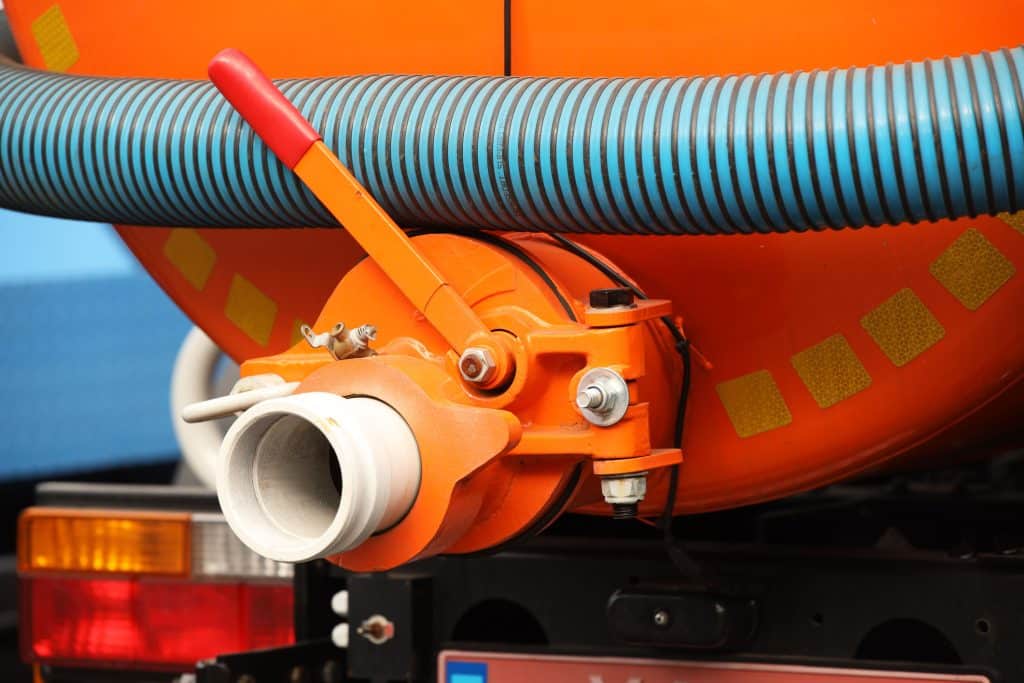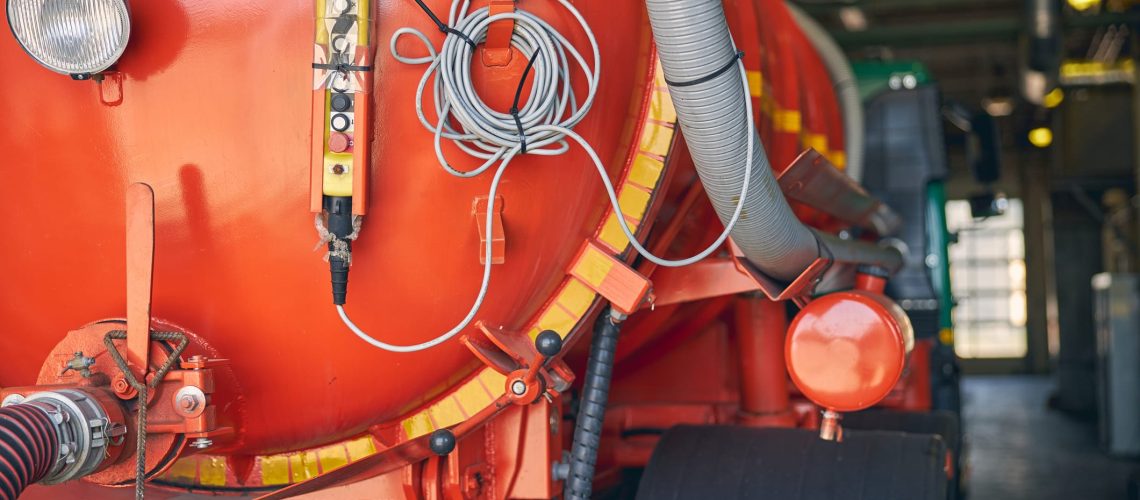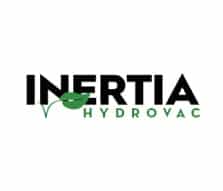
Why Water Could Be Your Biggest Site Problem
You’ve seen it before. The site’s prepped, the team’s ready, and the clock’s ticking — but water has other plans. Pooled groundwater at the excavation site doesn’t just slow you down; it can completely derail the job.
It’s not a “wait and see” situation. It’s a “get it out — fast” one. That’s where dewatering comes in, and why expert hydrovac truck operators are an essential part of your crew. Whether you’re coordinating complex utility installs or trenching through saturated ground, dewatering is what keeps your project moving forward safely and efficiently.
What Is Dewatering in Construction?
Dewatering is the process of removing excess water — whether from rainfall, groundwater seepage, or surface runoff — from construction sites. While the concept sounds straightforward, its execution isn’t. The method, equipment, and crew skill level (especially your vac truck operators) can make or break the entire process.
Poor dewatering means big trouble.
Think:
- Dangerous working conditions
- Soil erosion and trench collapse
- Damage to equipment
- Major scheduling delays
If your site involves hydrovac excavation — like searching for buried infrastructure, trenching through frozen ground, or exposing utilities — water control isn’t just nice to have, it’s essential. A seasoned vac truck operator doesn’t just “suck water” — they ensure precision, safety, and productivity.
Why Is Dewatering So Critical?
1. It Protects Soil Stability
Waterlogged soil is unstable soil. Without dewatering, foundations are vulnerable to shifts, cave-ins, or collapse. Groundwater pressure can even compromise shoring systems. That’s not just risky — it’s expensive.
2. It Keeps Your Crew and Equipment Safe
Standing water increases the risk of slips, malfunctions, and electrical hazards. Dewatering reduces these site hazards and gives your vac operators the dry access they need to safely excavate around utilities and infrastructure.
3. It Keeps the Timeline on Track
Water delays everything. It stops digging. It prevents concrete from curing. It can shut down entire areas of the site. Dewatering keeps your team working — and your Gantt chart intact.
When Do You Need Dewatering?
You’re likely due for a dewatering solution if:
- You see visible groundwater in the excavation zone
- Rainwater isn’t draining quickly
- Soil reports show a high water table
Common Dewatering Scenarios
- Basement excavations
- Utility and sewer line installations
- Bridge and tunnel projects
- Hydrovac trenching in saturated or frozen ground
Construction Phases That Often Require It
- Site prep and excavation
- Foundation pours
- Underground infrastructure work
What Are the Most Common Dewatering Methods?
Wellpoint Systems – Best for Shallow Excavations
This method uses a series of small wells and a vacuum pump to draw groundwater away from shallow dig sites. It’s a solid choice when your crew needs to keep trenches or footings dry in low-permeability soils.
Deep Well Systems – Ideal for High-Volume, Deep Excavations
In deeper projects or areas with high groundwater flow, deep wells equipped with submersible pumps are deployed. These systems handle high volumes and are ideal for commercial and infrastructure builds.
Sump Pumping – Quick Surface Water Control
When water collects on the surface or in shallow pits, sump pumping offers a fast, affordable fix. It’s often paired with vac trucks to manage muddy, debris-filled water efficiently.
Each method has its place, but the effectiveness often comes down to who’s running the show. That’s where skilled vac truck operators come in.
What Happens If You Skip Dewatering?
If you’ve ever tried to pour a foundation in standing water, you already know: it’s a gamble. But even beyond the obvious, skipping proper dewatering can lead to:
- Flooded trenches and washed-out excavation zones
- Structural instability from shifting soil
- Equipment failure and on-site hazards
- Non-compliance with safety and environmental regulations
- Timeline blowouts and budget overruns
In short, no dewatering — no progress.
Choosing the Right Dewatering Method for Your Site
Before choosing a dewatering strategy, consider these variables:
- Soil type: Clay, sand, silt — each reacts differently to water.
- Excavation depth: Deeper digs demand more robust systems.
- Water table height: A high table means more aggressive pumping.
- Regulations: Local environmental codes may restrict discharge methods or require treatment.
This is where consulting with experienced hydrovac and dewatering contractors pays off. They’ll assess the site and tailor the right approach — no guesswork, no unnecessary risk.
Why Expert Vac Truck Operators Make the Difference
Vacuum excavation might look like a simple process, but the difference between average and expert operators is night and day. A skilled vac operator:
- Knows how to manage water, mud, and spoil without damaging surrounding structures
- Can safely expose underground utilities during trenching or daylighting
- Ensures efficient removal and disposal of water in compliance with local laws
- Works seamlessly with dewatering systems to maintain dry, workable sites
They’re not just drivers. They’re problem-solvers with precision tools, trained to keep your job site productive, clean, and safe.
Dewatering Isn’t Optional — It’s Operational
Construction is complex enough without surprise water problems. That’s why smart crews plan ahead, bringing in seasoned dewatering professionals and expert vac truck operators from day one. It’s not just about moving water — it’s about keeping your entire project stable, compliant, and on track.
When timelines are tight and safety is non-negotiable, don’t leave it to chance — leave it to the experts.
Inertia Hydrovac is Alberta’s premier hydrovac excavation service partner, providing western Canada with ground-breaking local leadership since 2014. With locations in Calgary and Edmonton, Inertia Hydrovac provides hydrovac, vac truck, dewatering/jetting, and material disposal services trusted by utility, construction, environmental, and oil and gas businesses across the province.
With a focus on safety and efficiency, Inertia Hydrovac has become synonymous with excellence in non-destructive ground disturbance. Call dispatch today at (587) 757-1000 for Calgary or (587) 596-2224 for Edmonton.


